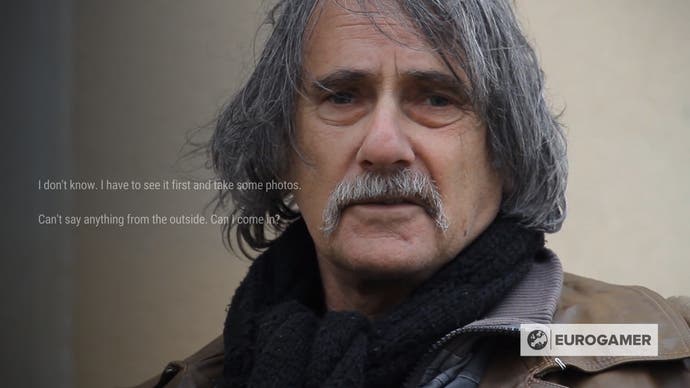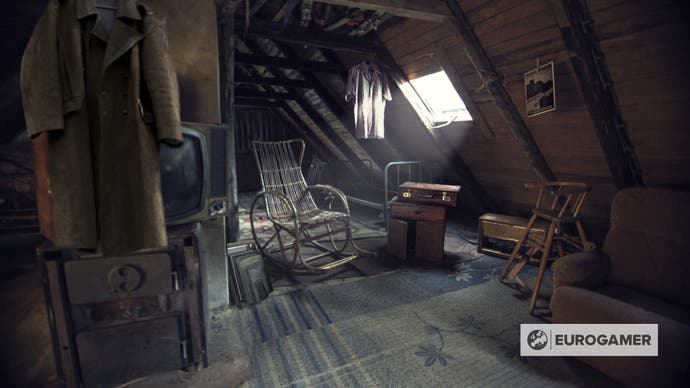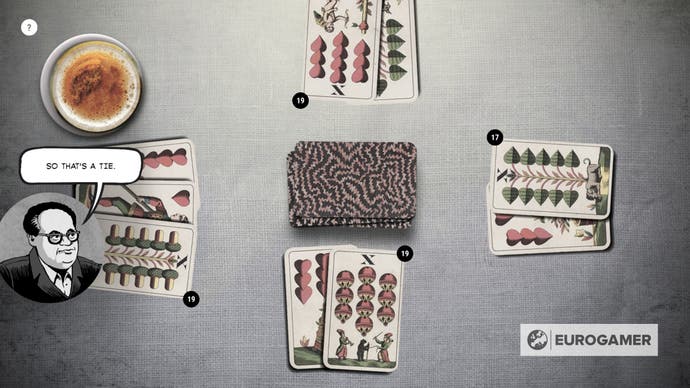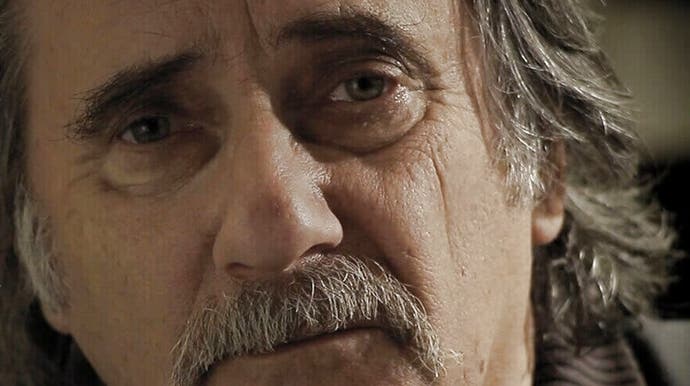Part game, part documentary, Svoboda 1945: Liberation teaches about a troubled past
A Czechered history.
I had to learn so much about World War 2 at school I presumed I knew all about it. The Battle of Britain, yep, Dunkirk Spirit, got it. Except, of course, I don't - I don't know all about it. How can I? How can anyone? I know something about it from a British point of view, plus a bit more I've accrued along the way, but this was a world war. There are myriad ways in which myriad communities were, and still are, affected by it, all around the planet. How can I know about all of that? Especially sitting where I'm sitting, in the bounds of Britain. I can't just expect a different perspective to come to me, can I?
But today it did. Today I learnt about a plight I had no idea about until now, and I learnt it from a game. It's a Czech game called Svoboda 1945: Liberation, and it's about Germans living in the borderlands of (then) Czechoslovakia at the end of the Second World War. They had lived there long before, but when the war ended, they were driven from their homes, and brutally so.
Svoboda 1945 brings their story to light, and it does it in a curious way. It's a kind of documentary game, part filmed live action sequences, part historical archive footage, and part graphic novel. You play the role of someone investigating an old schoolhouse in 2001, which belonged to a German family during the war, and somehow it also involves your grandfather. Ostensibly, you are there to decide whether the schoolhouse should be destroyed or preserved, but secretly, you're unearthing something much deeper and darker.
Svoboda 1945 plays out in a mix of live action interviews with dialogue options, adventure game-style rooms to explore, and interactive storyboards and maps that have things of interest you can click on to interact with. And though it's not a Hollywood production, it holds together pretty well. Actually, the dourness of it - the kind of muted grey tones and performances - fit the subject matter well. They gel with the black and white historical archive footage, and it feels authentic and convincing.




As the story builds, and a sense of a secretive past emerges, tension begins to mount. This is a fictional story based on real world events, and is interesting in its own right, but as a way to also educate an audience about something - or show them a new side to it - it becomes fascinating. I particularly admire that it comes from the Czech Republic, and that the maker, Charles Games, isn't flinching from what is clearly a sensitive topic in the country it's based in. But then this is what the studio wants to be known for doing. Its previous game, Attentat 1942, did almost exactly the same thing, but it was about Nazi occupation as told through the eyes of the survivors.
Charles Games' work is a timely reminder of the unique power games have to take us somewhere else and show us things from new perspectives. I think it's also a reminder for us to look for games beyond the boundaries we're used to, too, because we know how those go. There's a whole world of stories out there, and the more open we are to hearing them, the more we will encourage them to appear, and the richer we will all be as a result.


